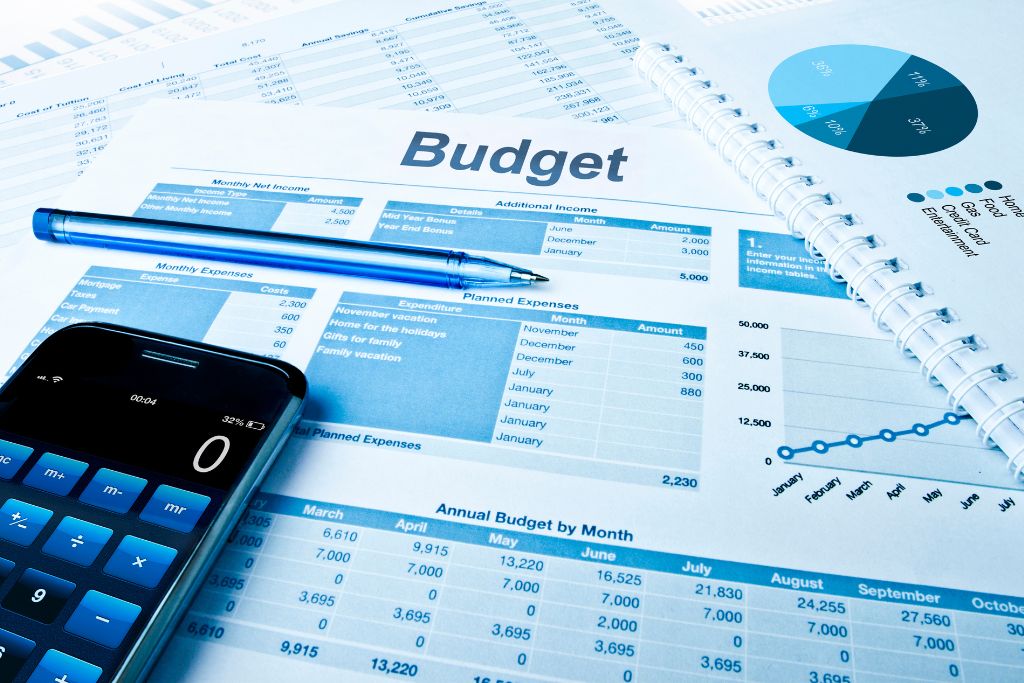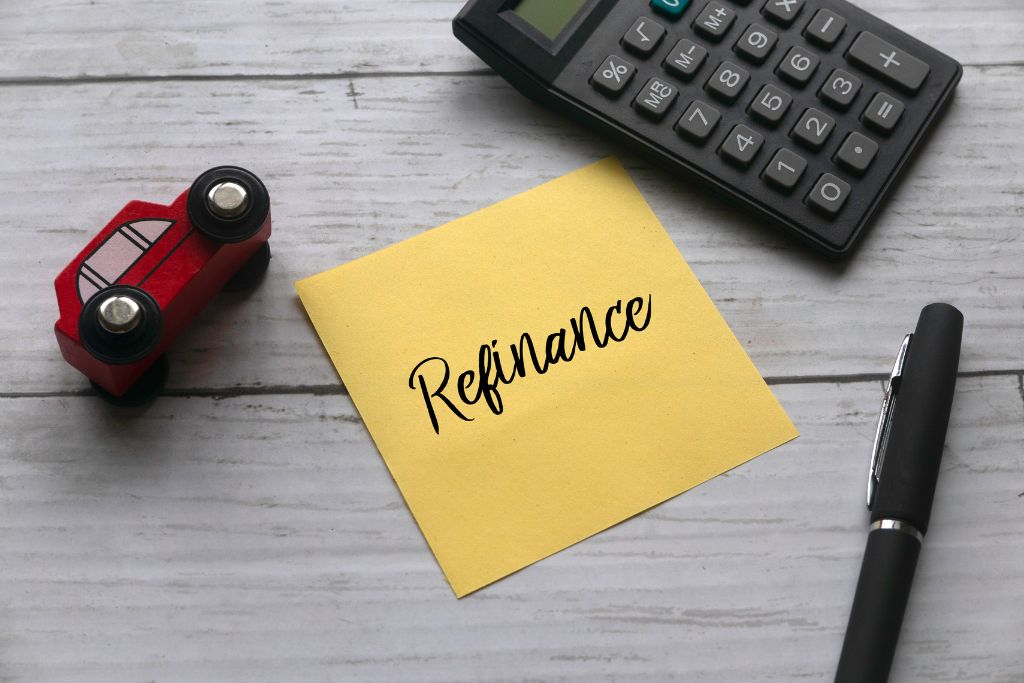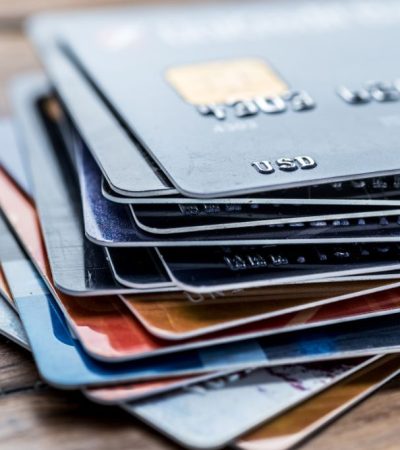Managing debt is a vital part of building wealth and financial security. It can also help you achieve other goals, such as retirement and taking a vacation.
Debt is a way to finance other purchases or investments and is usually paid back with interest. But it can also become a problem, especially if accumulated in the wrong ways or when it gets out of control.
Know Your Limits
When it comes to paying off credit cards and loans, knowing your limits is one of the most important things you can do. Your credit card issuer may use a number of factors when setting your limit, including your credit history and debt management habits.
A high credit utilization rate, meaning you’re charging more than your limit, is harmful to your credit score. To avoid that, keep your spending below 30% of your credit limit and charge a fixed monthly amount to the card.

Your credit limit tells you how much you can spend on your card and enables you to build up your credit. It also gives you more control over your spending and helps you avoid getting into debt.
Credit card companies periodically review your use of their cards and adjust your limit accordingly. Sometimes, your limit will decrease if you’ve been overcharged or your financial circumstances have changed.
Make a Budget
Budgeting can feel like a hassle, especially if you have debt. But if you want to stay on top of your finances, it’s worth the time to create and stick to a budget.
Before you can make a budget, you must identify all the income you have coming in and your monthly expenses. This includes everything you get from your job, tax refunds, or gifts you receive.

Once you have this information, it’s time to divide it between your needs and wants. For example, you could allocate 50% of your budget to essential costs (food, utilities, and shelter), 30% to wants, and 20% to savings and debt pay-down.
Once you have a budget, review it regularly to make sure you’re staying on track. This will help you avoid a financial crisis. It can also help you reach your financial goals, whether that’s saving for a vacation or retirement.
Pay More Than the Minimum
If you have a credit card or loan, it’s important to pay more than the minimum. If you make only the minimum, you’ll be paying interest for a long time, and it could also damage your credit score.
Many credit cards have a minimum payment requirement, either a fixed amount or a percentage of your balance. This is designed to keep your account from defaulting, leading to penalties and higher interest rates.

The minimum payment is a good place to start, but it’s also best to make a full payment on your card every month. This will save you money in the long run and may even prevent your credit score from lowering.
If you need help with your budget or are having trouble making the minimum payment on your credit cards, talk to your creditor about your financial situation. This will open the door for other potential avenues of relief, such as waiving late fees or entering a debt management program.
Refinance
Refinancing enables borrowers to change the terms of their existing loans. This can include a lower interest rate, a shorter loan term, or a more convenient monthly payment structure.
A refinance can be an excellent financial decision if you have credit cards or other debt with high-interest rates and you want to reduce your overall costs. However, it is not always the best option for everyone.

You should consider your overall financial situation, including how much money you have on hand, your income, and your overall debt load before making a decision.
Refinancing isn’t an overnight process and can take a long time, so it is important to have a plan for paying off your debt. When you are ready to start the process, it’s a good idea to work with an experienced mortgage professional.




